Young entrepreneur’s love of South Korean culture that’s harnessed a hangover ‘cure’
Everyone has their own hangover cure but in South Korea it’s big business, which is why Millennial businesswoman Sophie Hood has created a partnership that’s bearing significant fruit.
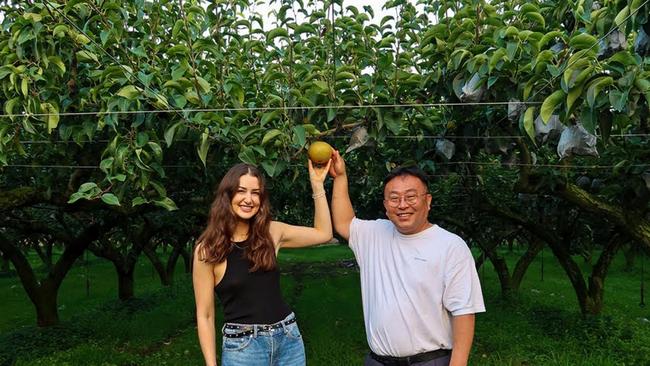
Sophie Hood’s first visit to South Korea in August 2022 was truly a once in a lifetime experience.
It was her first face-to-face meeting with a local businessman named “Mr Park”, who is helping to bring an authentic piece of South Korean culture to the Australian premium beverages market.
“That trip was probably the highlight of the last five years. Mr Park honestly put on a show,” the 28-year-old Hood says with a grateful smile.
After being picked up from the airport in Seoul, she, her sister and her designer – who both joined her for the trip – were driven 300km south to the town of Gyeongju.
“Two people from Mr Park’s factory took us on this tour to all of these places, before we even met him. Eventually he picked us up in this four wheel drive limousine with a driver,” she recalls.
“He is almost a local legend in the town, an icon. For the next two days this driver took us around to all of Mr Park’s favourite restaurants. We were eating like kings and queens. I have never eaten better beef in my life.
“Yet Mr Park could barely speak a word of English.”
Park owns a Korean pear farm in Gyeongju which now supplies the fledgling Sydney-based drinks business called Seoul Tonic which Hood launched a year ago.
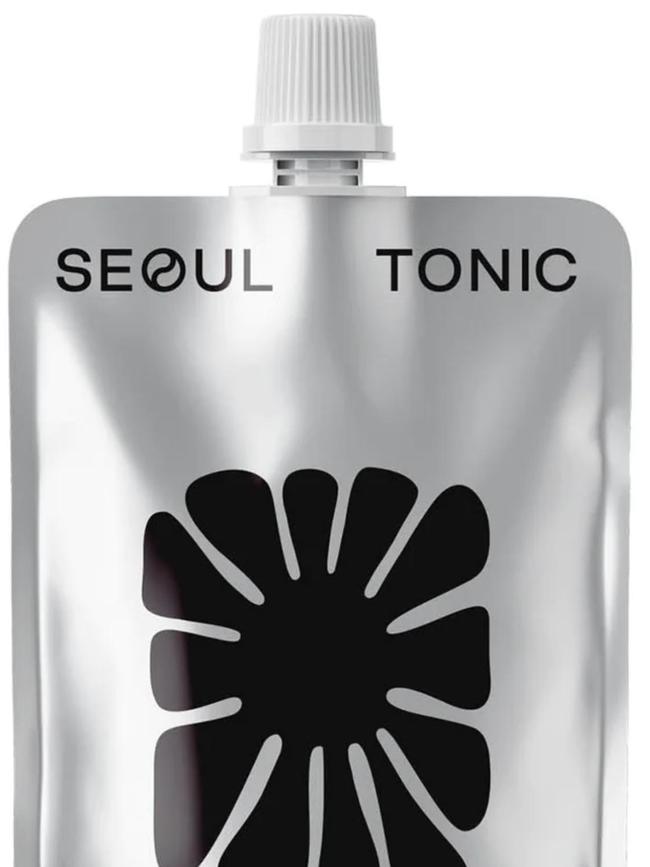
During the height of the Covid-19 pandemic she identified an opportunity to bring a key element of South Korean drinking culture to the Australian market: hangover tonics.
At the same time, Park wanted to introduce the world to his product.
Park’s family-owned pear farm, which was started by his grandfather, has long had a reputation for producing high-quality pears.
When Park took over his father’s business, he created a new fruit extraction method which was recognised nationally by South Korea with an agricultural excellence award.
Seoul Tonic uses a bespoke formula developed by Hood and Park based on a 7th Century Korean remedy, which combines the juice of two whole Korean pears with raisins from a tree known as hovenia dulcis.
Korean pears contain ALDH and ADH – compounds which help the body metabolise alcohol.
Seoul Tonic is now a rapidly growing beverage for inflammation, hangover relief and general wellbeing.
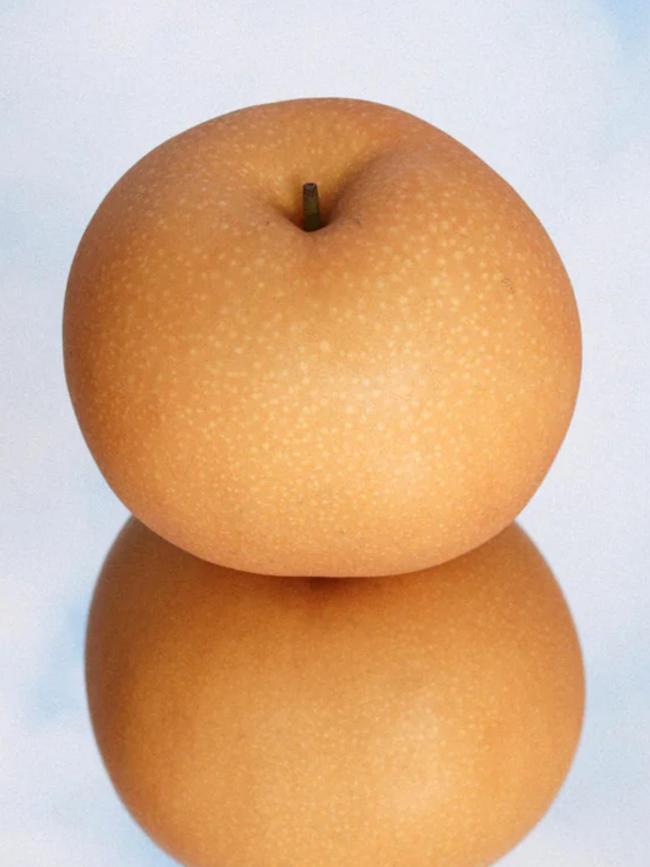
“In Gyeongju, Mr Park took us to the pear farm and the factory where he has built all these new machines to produce Seoul Tonic,” Hood says.
“The thing that was incredible to me was the monetary outlay he had put in without getting anything in return. I hadn’t paid him a cent. He really took a chance – one of the biggest chances.
“It really didn’t hit home until I was out for dinner one night when one of the other guys from his factory said to me: ‘You know Mr Park has taken the biggest chance on a young Australian girl. This is the biggest risk he has ever taken in business’.”
The pair’s business relationship has quickly turned into a strong friendship.
Juggling drinks
Seoul Tonic has launched a trial partnership with Endeavour Group, which is Australia’s largest retail drinks network that owns the Dan Murphy’s and BWS brands.
Now they want to take their niche product to the world.
Hood foresees global expansion opportunities into the United Kingdom and North America, and is also working on distribution deals in Hong Kong and Singapore.
Park, who commenced taking English lessons a year ago so he could communicate with Hood without the help of translator, describes Seoul Tonic as “the most natural and effective hangover reliever”.
“I strongly believe it can gain more fame internationally. I will continue producing product of excellent quality to boost Sophie’s great marketing skills and efforts. We will be part of everything we can give and more,” he says.
“To name an ambition, it will be producing series of Seoul Tonic to expand and pioneer a global market.”
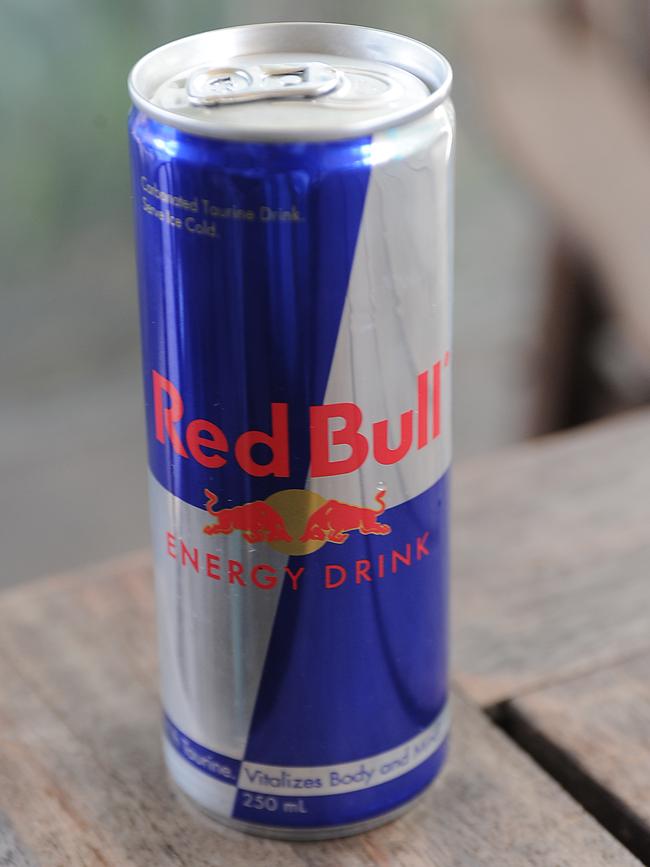
Hood, who lives in the Sydney beachside haven of Bondi and has long been an admirer of South Korean culture, has worked in the beverage industry since she was 23.
She spent 18 months as a commercial analyst at the LVMH-owned Moet Hennessey wine and spirits group and now, in addition to running Seoul Tonic, has a full-time job at energy drinks giant Red Bull.
There she works as a finance business partner, where she supports the firm’s local sales and finance director in executing the on-premises strategy for Red Bull in Australia.
Although she says it is “stressful” having two jobs, at Red Bull she has set up systems which have streamlined her role, giving her time to devote to Seoul Tonic.
“There is very little manual in my job at all. It has freed up a lot of time. There is also a synergy between both jobs in terms of the customers and the channels,” she says.
“It has enabled me to understand the Australian commercial drinks landscape and the opportunity we have with Seoul Tonic.
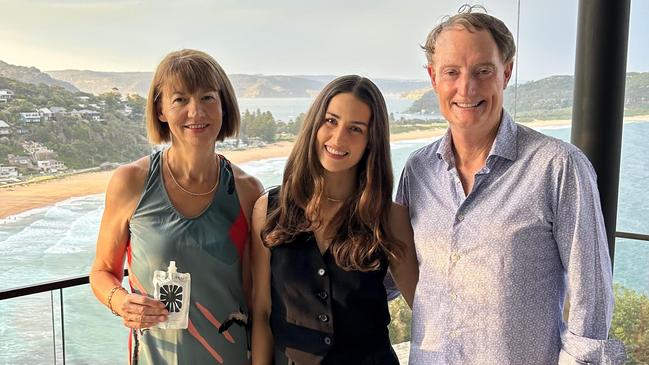
“Working for LVMH was probably the coolest thing you could do. When I got into the drinks category I found it fascinating, especially the way Australians consume beverages and the channels.
“I learned on a global scale how you can evoke emotion in a consumer by working on these brands.
“Red Bull is a marketing and brand machine. So these two amazing global companies inspired me to make my own brand.”
All of her spare income from Red Bull now goes into the Seoul Tonic business.
Hood was introduced to Park by the Korean government body, Korea International Trade Associate (KITRA). Park fought hard for her attention in a pitch process for Korean investors run by KITRA.
“I knew I wanted to create an all-natural tonic that would sit in the hangover relief beverage space. Korea has this huge hangover relief category worth $300m per year,” Hood says.
“In Australia it is in its infancy. We love wellness drinks and we love brands. So I thought there was a great opportunity.
“But I wasn’t going to fly to Seoul and door knock. I landed at the trade organisation and that connected me with suppliers. I did countless zoom sessions in the pitch process and I was going to go with another partner, but Mr Park chased me.
“I did the Zoom calls from the Red Bull office which I think helped my credibility with him.”
Park describes Hood and her partners as “very professional and strong willed”.
“I could really feel their passion for Korean pears and Korean culture. The thing that made me trust her even more was her thorough knowledge and understanding of beverages,” he says.
They officially went into business in June 2022 and started the refinement and sampling process to perfect the Seoul Tonic formula.
This was all done via DHL Express Post and Zoom calls with a translator.
“These DHL boxes started arriving at my house. We would start sampling and I would write back to Mr Park,” Hood says.
But it was a process that bemused her parents, Alister and Louise.
“I would tell my parents ‘There is this Korean guy who I’m in business with’ and they wouldn’t believe it.
“Dad has worked in China for years and was done over by some Chinese business people many times.
“So Dad calls it my ‘f..ked up pear juice’ We are now doing some pretty cool things within a year of our launch. But he says “I can’t believe Australians care more about your f..ked up pear juice than the five things that I’ve done’, that he thinks are more superior in his mind.”
Putting his envy aside, Alister is immensely proud of his daughter and – being a lawyer by trade – is now helping her with an important legal battle in South Korea. Hood’s mother is also a lawyer, as is her sister.
“I would have been in strife without them. It is an international trademark issue where the other Korean businessman I didn’t go with in the pitch process with KITRA registered Seoul Tonic in Korea,” Hood says. “He was really disappointed I went with Mr Park.
“So Mr Park is helping me use local lawyers to unwind the trademark and try to ensure that this businessman doesn’t start his own sort of tonic and start selling in Korea or exporting it.”
Hood now regularly returns to South Korea to work on product research and development, and spend time with Park.
She claims she has been approached “20 times” from people in her own network and older retired business people locally who were keen to invest in her business. But for now, she is happy to go it alone with her Korean business partner and friend.
They increasingly converse in English.
“Learning English is such a difficult task,” Park says.
“It’s been about a year but my English skills aren’t that impressive. Still, I will keep going till I have less boundaries in communicating with Sophie.”
Cross-cultural exchange
He says Australians can learn plenty from Korean businesspeople, highlighted by the success so far of his relationship with Hood.
“Korean businesspeople take human relations seriously. When they begin a partnership, they do their very best to help their partners,” Park says.
“Meaning they want to grow together as partners. Just like I will and do my very best for my partnership with Sophie. Because I know she is doing her very best too.
“To phrase again, Korean businesspeople consider human relations and effort seriously. What I feel is that Australian businesspeople are just as serious about it as Koreans.”
Hood is also taking on new local mentors to build Seoul Tonic, including a celebrity local businesswoman.
Hood says the most important advice she has received from her new mentor is to be as selfish as possible.
“You have to make some really hard decisions. You have to be completely cutthroat with the relationships around you and the people around you,” she says.
Previously Hood says she was too much of a “people pleaser.”
“I love a social occasion, I love a party. But I also love feeling good about getting stuff done,” she says.
“Now I definitely have more boundaries and I respect those boundaries. This year has all been about boundaries. I also respect my time a lot more than I did in the past.
“What I’ve learned is that saying ‘no’ is okay. Saying ‘no’ to the people that don’t serve you is even more than okay. That’s a very hard lesson to learn in your 20s.”






To join the conversation, please log in. Don't have an account? Register
Join the conversation, you are commenting as Logout